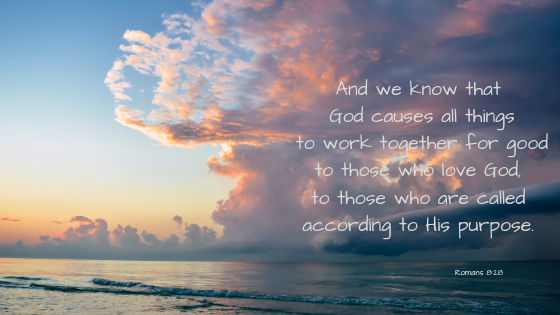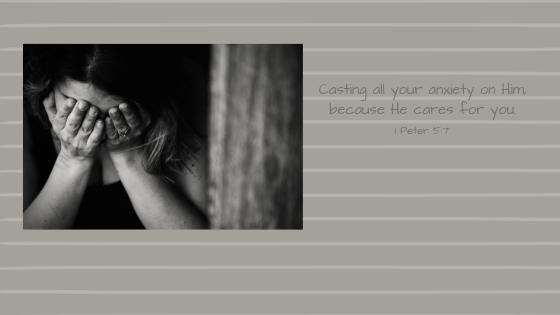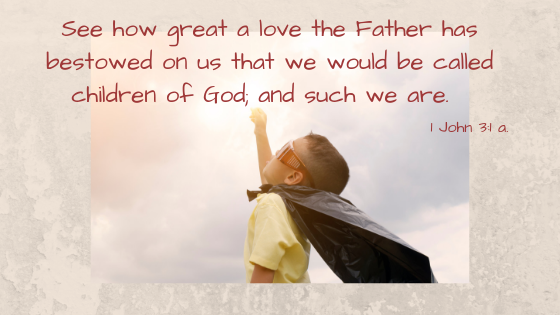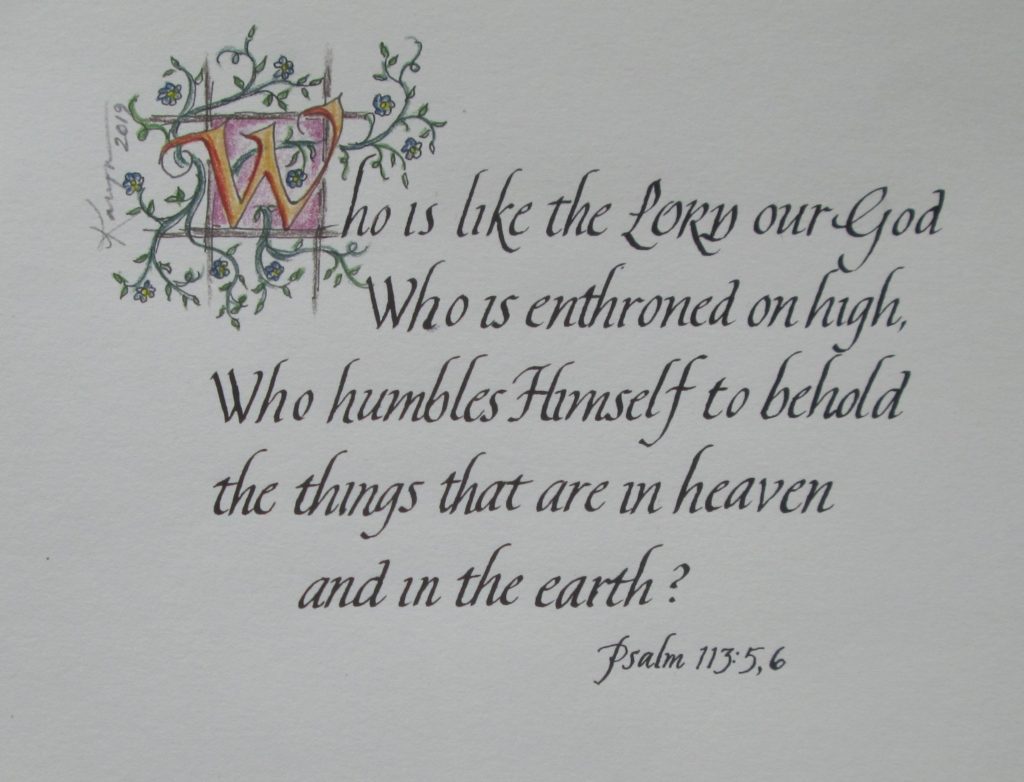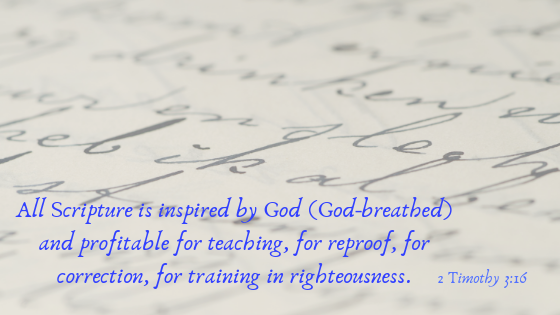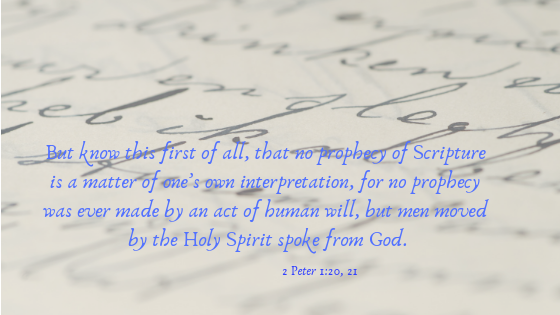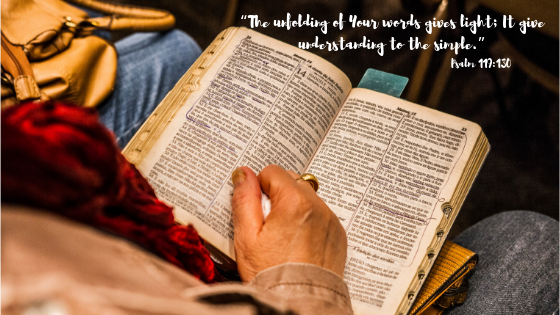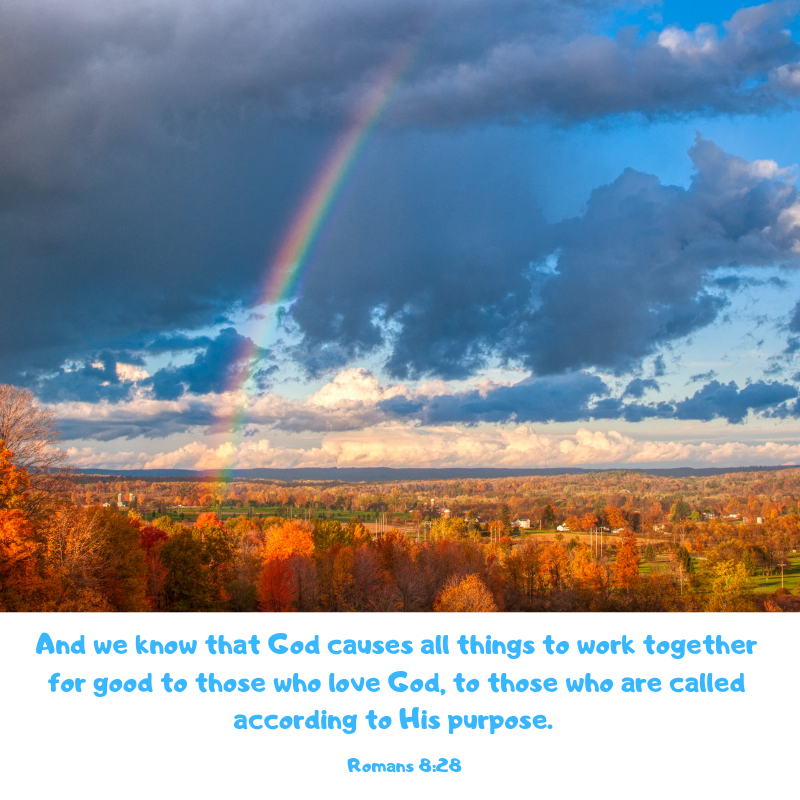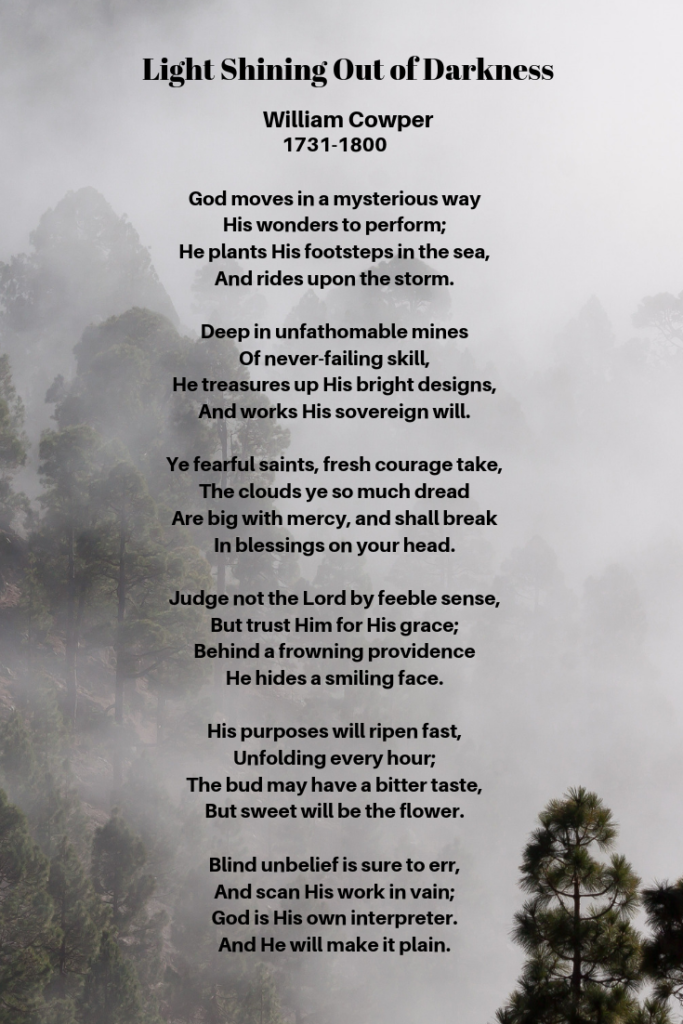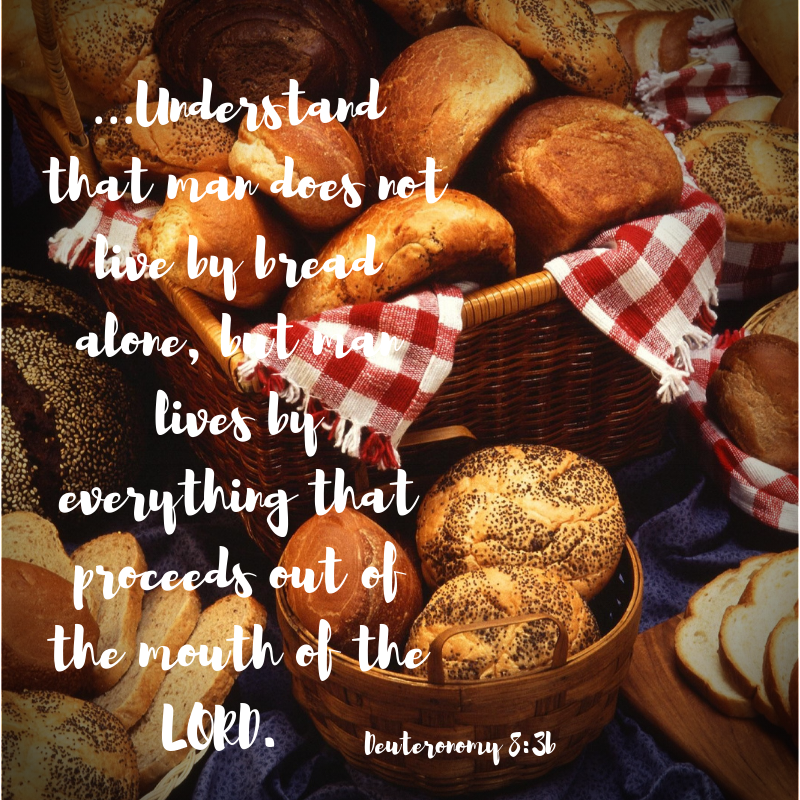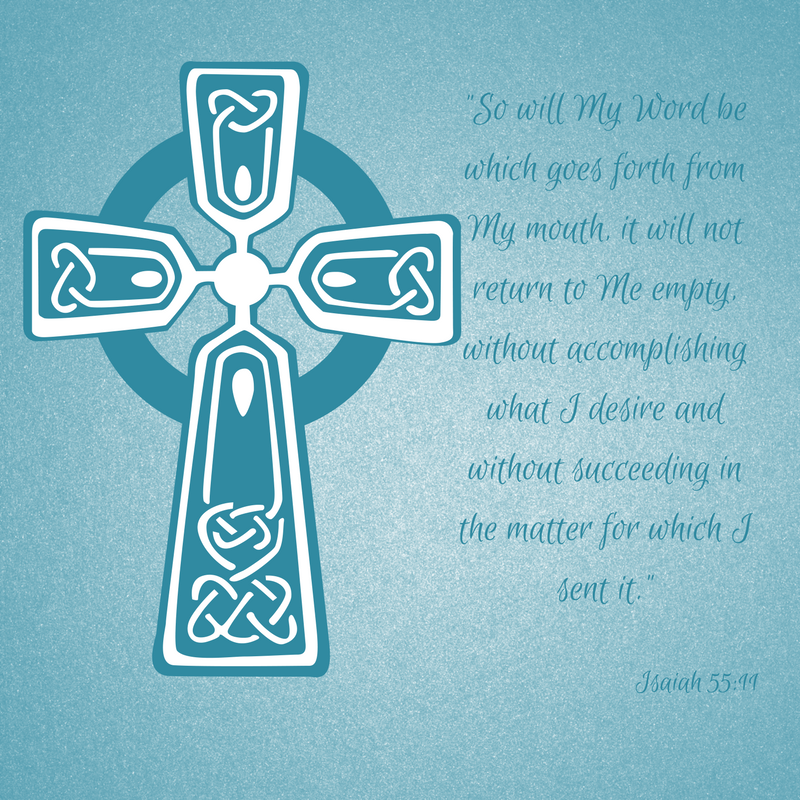A few nights ago Beloved Spouse and Dear Mother and I shared dinner with some close and dear friends. Our conversation ranged over many things. Then, the question was raised,
“If God is sovereign, where did evil come from? Give me Scripture to prove whatever you say.”
This tough question comes just as I am beginning to read a book called None Greater: The Undomesticated Attributes of God, by Matthew Barrett. (Baker Books ISBN -10:0801098742 ISBN-13:978-0801098741)
What an interesting confluence of ideas and questions! The conversation and the book started me thinking and here is what I believe might be the answer to the question and the connection to the book. (Just a note: I haven’t finished None Greater and so am not ready to give it my hearty approval, but so far, it bodes becoming one of my favs right up there with Knowing God by J.I. Packer. (ISBN- 10:083081650X ISBN-13: 978-0830816507) This one is SO wonderful. I urge you to read it!)
DEFINING GOD
Barrett posits that we “modern” Christians tend to look at God’s attributes from a human-ward angle. He says we look at God
“in a very experiential way: love is a common human experience, so God must be a God of love, mercy is a commendable virtue, so God must be a God of mercy; and so on. Thinking about God was always from the bottom up—that is, from my experience to who God is. But with the help of Augustine and Anselm, that approach now seed dangerous, always flirting with the possibility of creating a God in our own image, always defining God’s attributes according to our own limitations. What was so different about the God of Augustine and Anselm was that they first though of God as one who is not like us. They started from the top (God) and then worked their way down (to humanity). They moved from the Creator to the creature. And this approach seemed far more aligned with the way the biblical authors approached God. As David says, “For with you is the fountain of life; in your light do we see light” (Ps. 36:9). Matthew Barrett, None Greater, p. 8-11
Barrett proceeds to unpack our understanding of God and His attributes by laying the foundation that “God is someone that whom none greater can be conceived.” He goes on to show that God must be the most perfect Being. Every attribute which we ascribe to God is gathered into penultimate perfection. So there is absolutely nothing greater or “more” than God. His immensity in every aspect is incomprehensible to us. We are barely able to describe or line out any aspect of Him in even the most rudimentary way, let alone to exhaustion.
THE ALMIGHTY AS CREATOR OF EVIL
So if we confess that God is indeed the Supreme Being, we will have to wrestle with the question posed by my friend.
“If God is sovereign, where did evil come from? Give me Scripture to prove whatever you say.”
I’ve dragged my memory for Scripture that would answer. My trusty concordance yielded some very interesting passages. Let me try to put them into a coherent case for my still nebulous opinion that God is the Creator of evil.
I am beginning to say this because I believe to the core of my being two things: 1) that Barrett (along with Anselm, Augustine and Aquinas) is right:
“[God] is, without qualification, without reservation, the Supreme being, the fullness of Being itself.” None Greater, p. 54.
And 2) that God is the only source of all things–there is nothing outside of Him. If that is so, we may not say that “God is not the author of evil. He only permits it.” To say that is a logical fallacy. To posit that evil arose from some other place leaves that glaring question that brings the very essence of God into question. So the assertion stands: God created evil. God uses evil to accomplish His purposes. God will do away with evil at the end of the ages.
But we are outraged at the idea that God created evil. I believe our outrage stems from our finitude.

We simply cannot conceive of a Being so utterly “Other,” so utterly beyond our comprehension that He is able to be perfect, pure, and holy and yet be the author of the heinousness of evil. But Scripture tells us that God, the vast and inscrutable Other, in His complete perfection does create and use evil. His very “vastness” and being so far beyond our comprehension makes it possible to say that He has created and uses evil. But how? I don’t know. And why? I don’t know. As I dug through my concordance I found Scripture that seems to answer the “why”. The “how” is not ever likely to be comprehensible to me.
SCRIPTURE SHOWS GOD AS CREATOR OF EVIL
Beginning in Genesis 2:9 we hear that God created the Tree of the Knowledge of Good and Evil. Obviously evil must have existed before the Creation and before the Fall. Nothing exists that He did not create.
“For by Him all things were created, both in the heavens and on earth, visible and invisible, whether thrones or dominions or rulers or authorities—all things have been created through Him and for Him. Colossians 1:16
I ask you, what does all mean?

In 1 Samuel 16:14 the story of King Saul proceeds with the sad but stunning statement that “the Spirit of the LORD departed from Saul, and an evil spirit from the LORD terrorized him.”
The prophet Jeremiah speaks on behalf of the Holy One, “I am bringing disaster on this people… because they have not listened to My word, and as for My law, they have rejected it also.” (Jeremiah 6:19) Jeremiah speaks for the Divine Potter (there’s a vivid picture of God’s sovereignty!) and declares on His behalf to His rebellious people, “Behold, I am fashioning calamity against you and devising a plan against you…” (Jer. 18:11) God is the One who will bring down, destroy and deliver calamity as He sees fit—to judge sin for both time and eternity.
Amos the prophet asks in Amos 3:6 “If calamity occurs in a city has not the LORD done it?”
“Hold on”, you say. “The Bible says “God’s eyes are too holy to approve (look on) evil.” Yes, it says that in Habakkuk 1:13, but let’s look at that statement in context. Go back to verse 6 in chapter 1 and see that God, speaking through the prophet Habakkuk, describes the Chaldeans (a powerful pagan nation) as a tool He is raising up. They are “fierce”, “imperious”, “dreaded and feared” enemies that “swoop down to devour” and “they come for violence”. With no break or equivocation, Habakkuk says “You, O LORD, have appointed them to judge and You, O Rock, have established them to correct. Your eyes are too pure to approve evil and You cannot look on wickedness with favor.” The people of God have been wicked and rebelliously turned from God so He is warning them of His impending judgement of them. He cannot and will not look on evil in His people. However, He will use evil to deal with His people. The evil that He brings on them will humble them in repentance to their knees before Him. He will use evil to root out the evil of their (and our) rebellion.
The story of Job with the catastrophes, tragedies and sufferings that befall him are all a result of God, the Almighty One, giving satan permission to use evil against His beloved Job. Satan does not stand separate and co-equal to God. He is a created being as incapable of ex nihilo (out of nothing) creation as any angel or human. Satan did not invent or create evil. Humans did not invent or create evil. God, in His incomprehensible power, His unfathomable plan, and His inscrutable wisdom, has created evil and uses it as His tool. He is working all things for good for those He loves. (Romans 8:28)
How does evil do that? I don’t know. But I do know that God is the Creator of all things. “For by Him all things were created, both in the heavens and on earth, visible and invisible, whether thrones or dominions or rulers or authorities—all things have been created through Him and for him.” Colossians 1:16
CONCLUSION
I say that God, the Holy One, has created evil I say He uses it according to His sovereign purposes. I make this assertion with great trembling. I do not want to call good evil or evil good (Isaiah 5:20-25). There is divine woe pronounced on any who are “wise in their own eyes.” So if I am wrong, and I easily could be, I pray, “LORD, have mercy and forgive me for Jesus’ sake. Turn my eyes deeper into Your Word to see Your truth.”
QUESTION: What do you think about where evil comes from? Do you think your view of God has any influence on your opinion?

